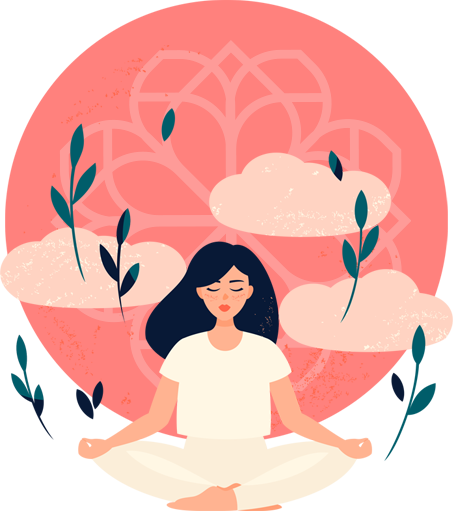Major Depressive Disorder
Description
The word depression is derived from the Latin verb deprimo, which means “reduce, suppress.” The question is whether a person in depression feels distressed or whether he is actually suppressing something. The following three themes can provide an answer:
1. Aggression
2. Responsibility.
3. Resignation
Depression is characterized by severe grief, loss of vital energy, feelings of self-inadequacy, irritability, sudden decrease or increase in weight, insomnia, and loss of interest in activities that usually bring joy. These symptoms can continue for several weeks to months, and if depression remains untreated, it can destroy a person’s life.
Clinical depression is a serious ailment that affects the emotional, mental, and physical level.
“Gloom” or “bad mood” are common reactions to unpleasant situations, stress, or the loss of a loved one. However, such “ordinary sadness” cannot be confused with depression. Ordinary grief is comprehensible, justifiable and its duration is temporary – usually within two weeks.
Depression is an ailment condition that can arise even for no apparent reason or as a result of prolonged grief. Unlike bad mood or normal sadness, the symptoms of depression are deeper and last continuously for at least two weeks. It is a mental disorder that seriously disrupts everyday life and needs to be treated.
Forms of depression:
1. light – you do normal work and activity with slight difficulties,
2. moderate – you perform normal work and activities with considerable difficulties,
3. severe without psychotic symptoms – you are not able to continue activities, or you can perform them only in a limited way,
4. severe with psychotic symptoms – you experience delusions and hallucinations, in some cases there may also be paralysis of the body motor skills.
Causes of depression- a complicated cause and consequences relationship. (downward spiral of health)
Although widespread, no exact causes are known, only possible factors.
● Weak mood
● Depressing thoughts
● Physical inequalities
Brain:
● Low levels of hormones or neurotransmitters
● Impaired or decreased amygdala function (emotions)
● Hippocampus (attention and memory)
● Neural circulation (interconnectedness)
Genetics:
● 3 times more likely if having depressed relative
Environment:
● Family
● Deprivation – disruption of mental development
● Chronic stress
● Trauma
● Unclear causes
